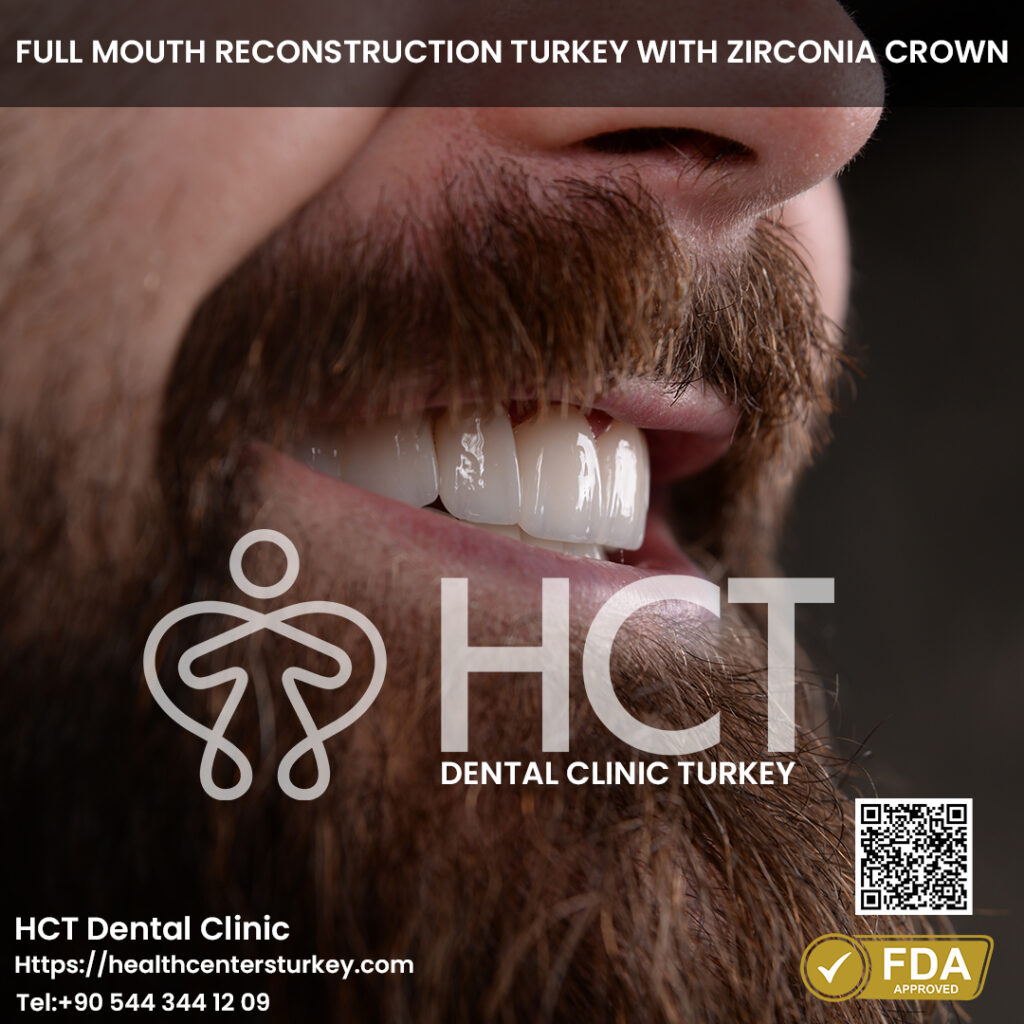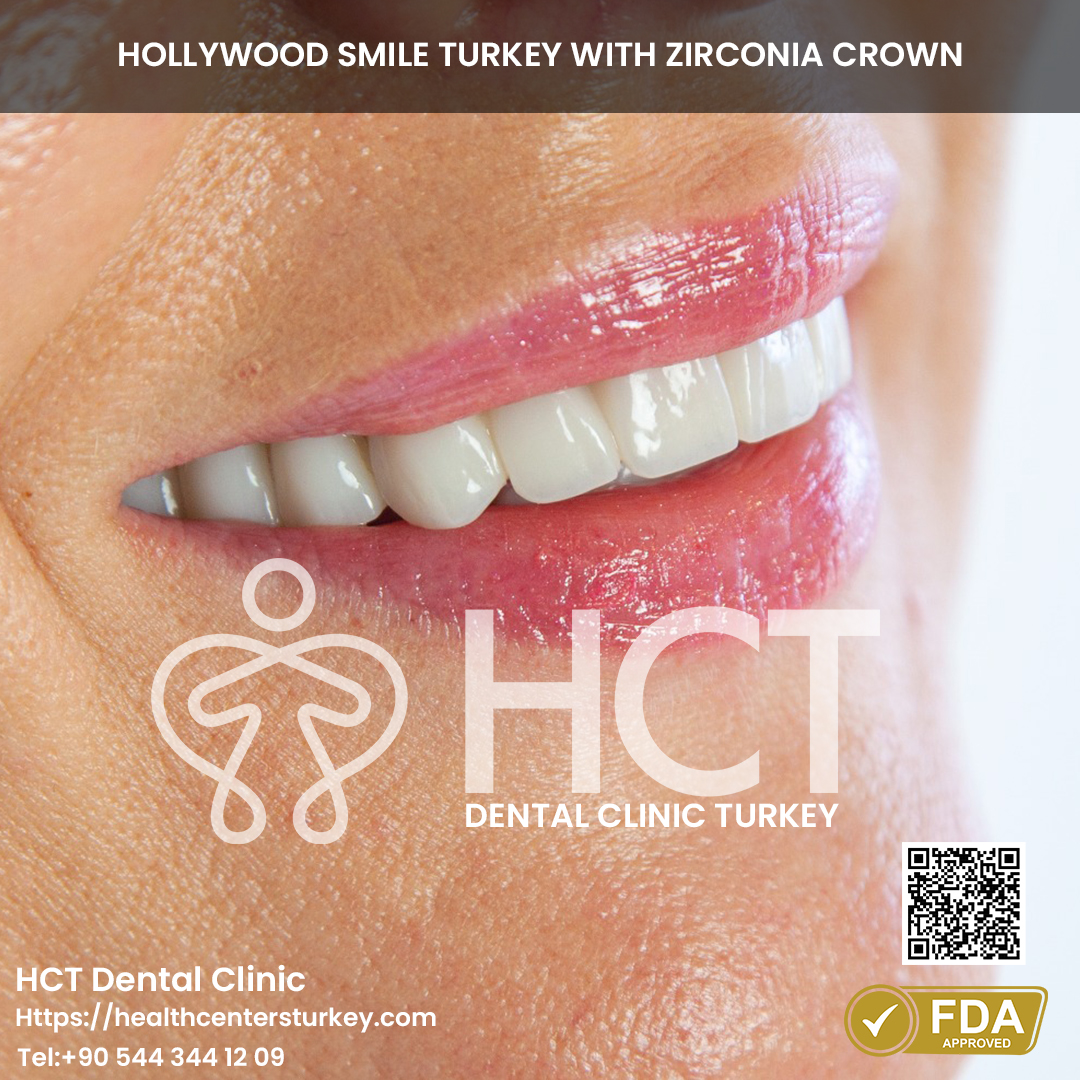Improving Service Quality in Turkish Dental Clinics
Renowned Oral Care Services offered throughout Antalya

Dental implants have turn out to be a focus in trendy dentistry, providing a reliable solution for those facing tooth loss. Among the multiple advantages they provide, one important facet worth contemplating is their influence on adjacent teeth. Understanding how dental implants have an effect on surrounding teeth aids in making informed choices about oral health.
When a tooth is misplaced, neighboring teeth can easily shift toward the house left behind. This movement can lead to misalignment, which compromises the general chunk and function of the mouth. Dental implants mimic natural tooth roots, thereby sustaining the position of adjacent teeth.
Premium Porcelain Veneers for a Stunning Smile in Turkey
The stability offered by an implant is essential, because it helps in preserving not simply the physical alignment but also the structural integrity of the jawbone. When a tooth is missing, the underlying bone can start to deteriorate due to lack of stimulation. An implant exerts strain on the bone throughout chewing, much like a natural tooth, which promotes bone health.
In some circumstances, a bridge or partial denture may be thought of as an alternative selection to implants. While these choices may restore some functionality, they'll place additional stress on neighboring teeth. Bridges usually require filing down the encircling teeth to accommodate the anchors, thereby affecting their health over time. Dental implants, then again, don't alter current teeth, making them a extra conservative choice.
Discover Cost-Effective Dental Care in Turkey
Hygiene becomes one other crucial issue when considering adjacent teeth in the context of implants. With dental implants, the person can preserve a daily hygiene routine just like natural teeth. Flossing and brushing across the implant are easy, ensuring that the gum tissue remains wholesome and minimizing the chance of gum disease that might adversely have an result on adjacent teeth.
Moreover, the materials used in dental implants are biocompatible. This means they're designed to combine nicely with the body, lowering the possibilities of an antagonistic response. This attribute not only makes the implant secure but in addition protects nearby teeth from potential issues that could come up due to contamination or infection.
In phrases of aesthetics, dental implants offer a natural appear and feel, closely resembling original teeth. Adjacent teeth benefit from this aesthetic enchantment as well. When an implant is positioned, the encompassing gum tissue can be formed to mimic natural contours, thereby enhancing the general appearance of the smile. This aesthetic issue can encourage people to invest in their oral care routines, benefiting both the implants and adjacent teeth in the long term.
A Comprehensive Look at Dental Procedures in Turkey
Another concern is the potential for gum disease, which may have an result on the health of adjacent teeth. Gum disease can happen when plaque builds up round teeth and implants. Regular dental visits and applicable oral hygiene can mitigate this concern. The presence of implants also can serve as a motivator for better dental hygiene practices, as individuals become more aware of sustaining their total mouth health.
Studies have proven that dental implants can contribute to a big enchancment in quality of life. Patients typically experience increased confidence and are less hesitant to smile This Site or interact in social interactions. A wholesome and well-maintained smile indirectly promotes higher look after adjacent teeth, as people are inclined to turn into extra aware of their total oral hygiene.
One often-overlooked aspect is the psychological impression of dental implants on patients. Knowing that implants offer long-term options can ease the nervousness related to tooth loss. With fewer worries about future tooth shifts, sufferers are extra doubtless to invest time and effort into caring for their teeth, which incorporates adjacent teeth.
In conclusion, dental implants serve as more than just a solution for missing teeth; they play a pivotal role in sustaining the health and integrity of adjacent teeth. From stopping misalignment to promoting gum health and enhancing aesthetics, the advantages are manifold. By opting for implants, people cannot solely restore performance but also foster a more healthy oral surroundings for surrounding teeth. The psychological and aesthetic benefits further contribute to an general enhanced quality of life.
Uncover Best Dental Treatments in Turkey for Implants, Veneers, and More
In the long term, understanding how dental implants have an effect on adjacent teeth can information individuals in making empowered choices concerning their dental health. The integration of these implants like this into the mouth acts as a stabilizing drive, safeguarding both the bodily alignment and functionality of neighboring teeth, whereas promoting a long-lasting, wholesome smile.
- Dental implants sometimes don't exert pressure on adjacent teeth, sustaining their integrity and reducing the chance of shifting or misalignment.
- The placement of an implant often encourages higher oral hygiene habits, positively influencing the health of adjacent teeth through improved cleansing practices.
Expert Dental Teams Delivering Implants and More in Turkey
- In some circumstances, dental implants can stimulate the encircling bone, which helps protect the natural teeth's place and general dental structure.

- The hole left by missing teeth can lead to bone loss; dental implants can prevent this, thereby protecting adjacent teeth from potential issues.
- Transform Your Smile with State-of-the-art Dental Technology
Tips for Choosing a Dentist in Antalya
- By restoring the operate of a missing tooth, implants help distribute chunk forces evenly, decreasing put on and stress on neighboring teeth.

- Properly placed dental implants can act as a support structure, preventing unwanted movement of adjacent teeth ensuing from tooth loss.
- The presence of an implant could improve the aesthetic appearance of surrounding teeth by filling in gaps and supporting facial structure.
Your Destination for Quality Dental Care at Affordable Prices
- Dental implants eliminate the necessity for adjacent teeth alteration, in contrast to bridges, which require reshaping the close by teeth for support.
- Implants also cut back the risk of gum disease compared to other tooth replacement options, not directly benefiting adjacent teeth by selling total oral health.
Revitalize Your Smile with Advanced Dental Technology.
- Long-term success of dental implants is linked to the health of surrounding teeth, emphasizing the significance of regular dental check-ups and maintenance.
How do dental implants affect adjacent teeth?
Get World-Class Dental Care at Affordable Prices
What are dental implants and how do they work with adjacent teeth?undefinedDental implants are artificial tooth roots placed into the jawbone to assist replacement teeth. They don’t have an result on adjacent teeth instantly, as they're unbiased buildings. Instead, they can help maintain the integrity of surrounding teeth by stopping bone loss.
Can dental implants trigger injury to adjacent teeth?undefinedIf placed correctly, dental implants mustn't hurt adjacent teeth. However, improper placement can lead to issues like misalignment or pressure, emphasizing the significance of choosing an experienced dental skilled.
Will dental implants promote bone development around adjacent teeth?undefinedYes, dental implants help stimulate the jawbone, which might encourage bone progress. This can benefit adjacent teeth by maintaining bone density and stability within the area.
Why Turkey is a Top Destination for Dental Treatments
Should I fear about gum disease affecting adjacent teeth after getting an implant?undefinedGood oral hygiene is crucial after getting an implant. Gum disease can nonetheless have an result on adjacent teeth, however a correctly maintained implant doesn't enhance that risk. Regular dental visits might help monitor and preserve gum health.
What happens to adjacent teeth if I lose a dental implant?undefinedIf a dental implant fails or is lost, adjacent teeth might shift due to modifications in chunk alignment and support structure. This might result in misalignment or further tooth loss if not addressed.
Are there any special care necessities for adjacent teeth after getting implants?undefinedMaintaining good oral hygiene practices, together with common brushing, flossing, and dental check-ups, is essential for each dental implants and adjacent teeth to prevent decay and gum disease.
Family-friendly Dental Clinics in Turkey
Do dental implants help support adjacent teeth when chewing?undefinedAbsolutely. Implants can enhance overall chunk function, which might alleviate stress on adjacent teeth during chewing. This can result in better distribution of forces, selling oral health.
How can I prevent problems with adjacent teeth and implants?undefinedConsistent dental care, together with professional cleanings and examinations, regular brushing and flossing, and following your dentist’s aftercare instructions, are key to stopping problems.
Can adjacent teeth transfer if I have a dental implant?undefinedAdjacent teeth may transfer if they are not well-supported, particularly after tooth loss. A dental implant helps maintain the structure, decreasing the risk of shifting teeth.